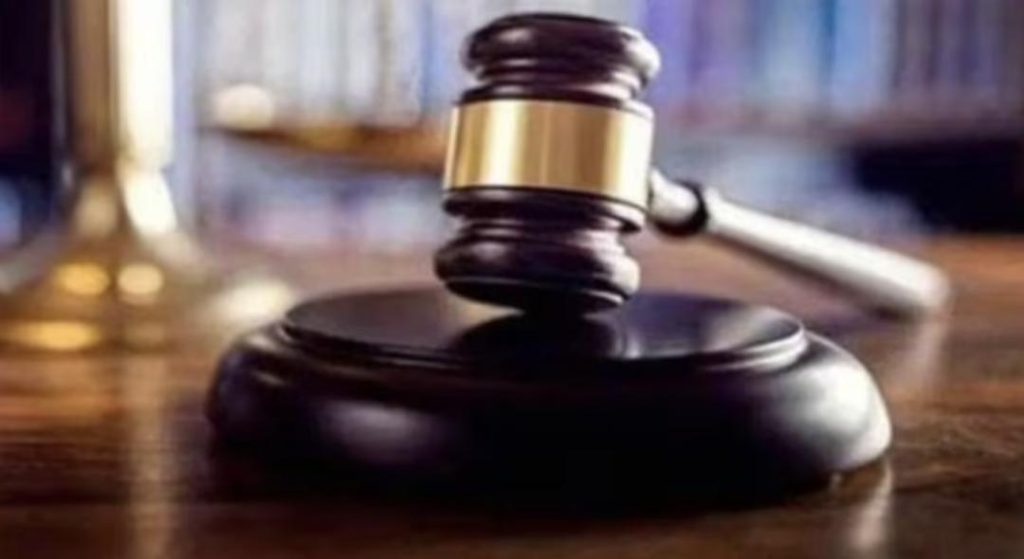
3 Tripura CPI(M) leaders surrender in 2015 judge assault case
In a significant development, three CPI(M) leaders from Tripura, Tapas Datta, Trilokesh Sinha, and Badal Debnath, who were convicted for assaulting a judge during a 2015 strike in the state, surrendered before a court on Saturday. The trio was sentenced to two years in prison, a punishment that was upheld by the Supreme Court after multiple appeals.
The incident that led to their conviction occurred during a strike called by the Left Front, of which CPI(M) is a part, in 2015. The strike was called to protest against the state government’s alleged failure to implement the Left Front’s election manifesto. During the strike, a group of CPI(M) activists, including the three leaders, attacked a judge who was trying to reach the court to hear a petition filed by the state government against the strike.
The judge, who was attacked by the CPI(M) activists, suffered injuries and was hospitalised for several days. The incident led to widespread condemnation and outrage, with many calling for the perpetrators to be brought to justice.
After the incident, the police booked the three CPI(M) leaders under various sections of the Indian Penal Code, including sections 307 (attempt to murder), 323 (voluntarily causing hurt), and 34 (acts done by several persons in furtherance of common intention).
The trial of the three leaders was held in a special court in Agartala, the capital of Tripura. In 2019, the court convicted them and sentenced them to two years in prison. The trio appealed against the verdict in the Tripura High Court, but their appeal was rejected. They then moved the Supreme Court, which also upheld the verdict.
However, the Supreme Court did not accept the plea of the three leaders to suspend their sentence and instead ordered them to surrender before the court. The court set March 18 as the date for their surrender, and the trio finally turned themselves in on Saturday.
After surrendering, the three CPI(M) leaders were taken into judicial custody and will remain so until the next hearing on March 18. The development is seen as a significant blow to the CPI(M) in Tripura, which has been facing a crisis in recent times.
The incident has also raised questions about the role of the CPI(M) in the state and its commitment to upholding the rule of law. The party has been accused of using violence and intimidation to silence its opponents and critics, and the incident has only added to the perception that the CPI(M) is above the law.
The development is also seen as a setback for the CPI(M) ahead of the upcoming Assembly elections in Tripura. The party has been facing a challenge from other opposition parties, including the BJP and the Congress, and the incident is likely to dent its credibility among voters.
In a statement, the CPI(M) described the incident as a “politically motivated” attempt to tarnish the party’s image. However, the statement did not condemn the attack on the judge and instead blamed the state government for allegedly using the incident to harass the party’s leaders.
The incident highlights the need for the CPI(M) to introspect and take concrete steps to ensure that its activists do not engage in violent and illegal activities. The party must also take responsibility for the actions of its leaders and activists and ensure that they are held accountable for their actions.
In conclusion, the surrender of the three CPI(M) leaders in the 2015 judge assault case is a significant development that highlights the need for the party to take responsibility for its actions. The incident is a reminder that the rule of law must be upheld, and that those who break the law must be held accountable.






